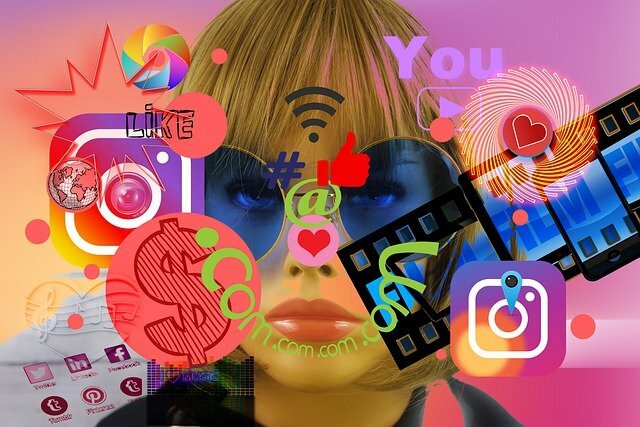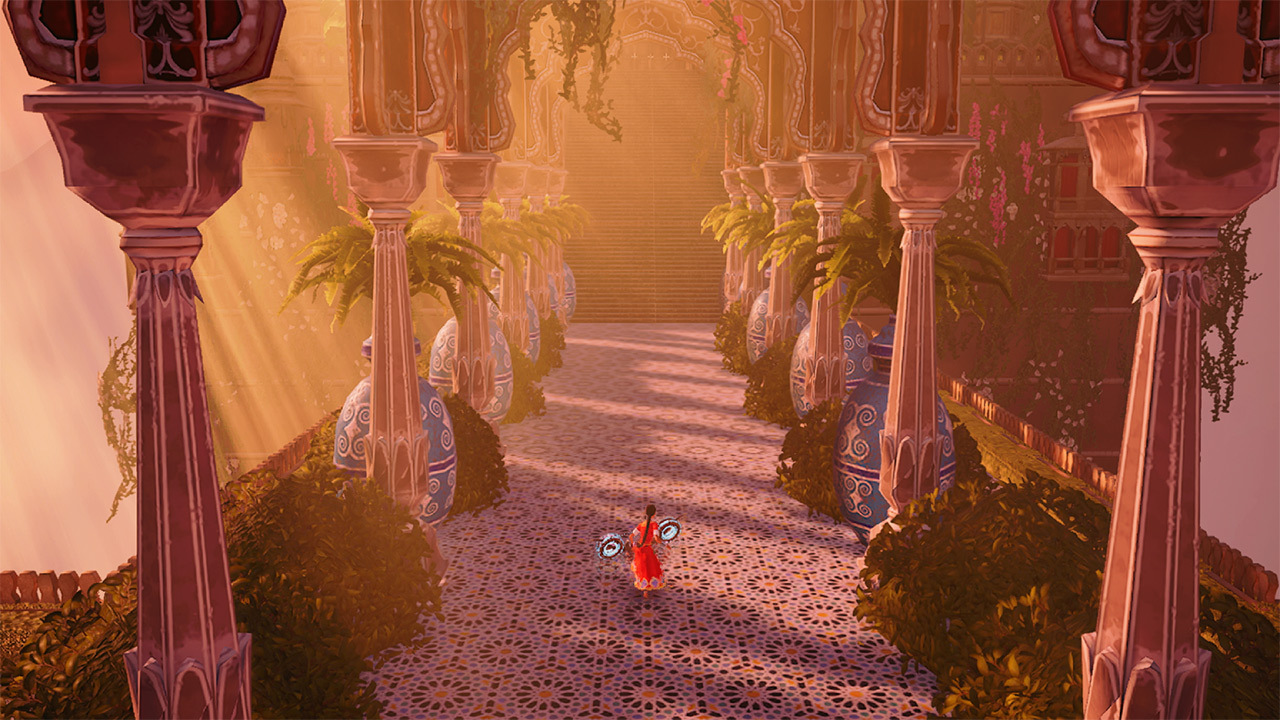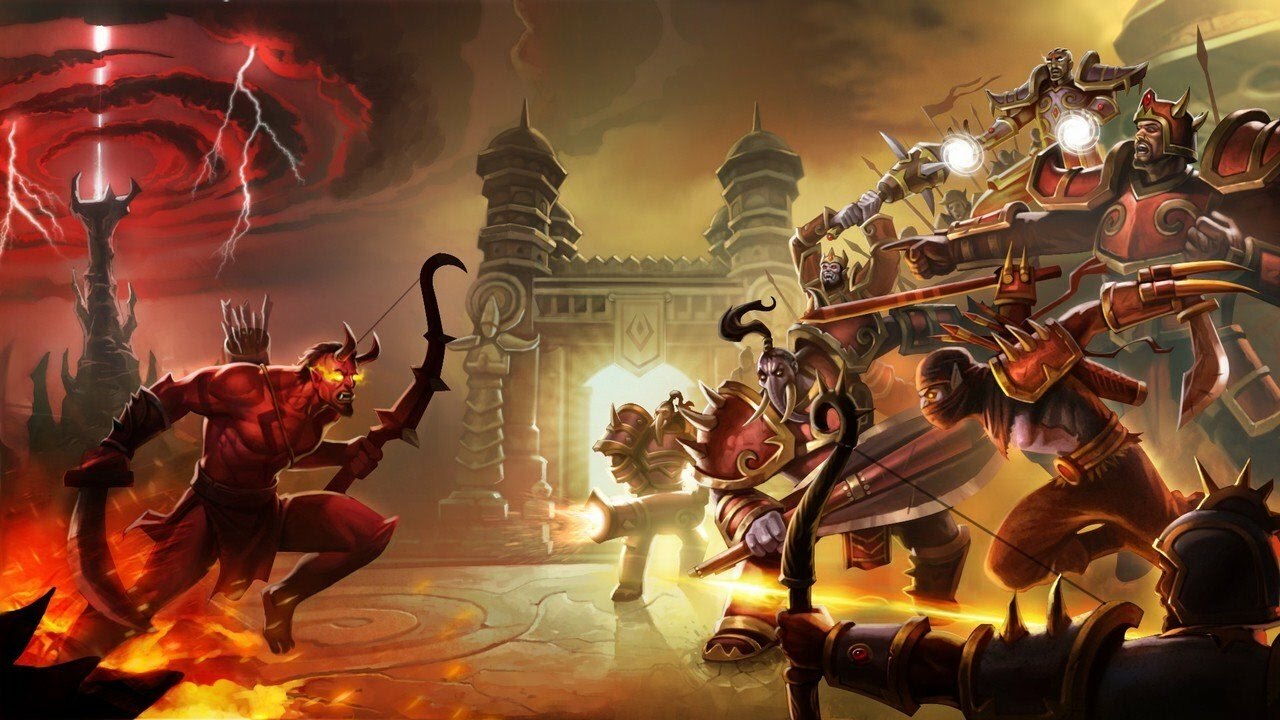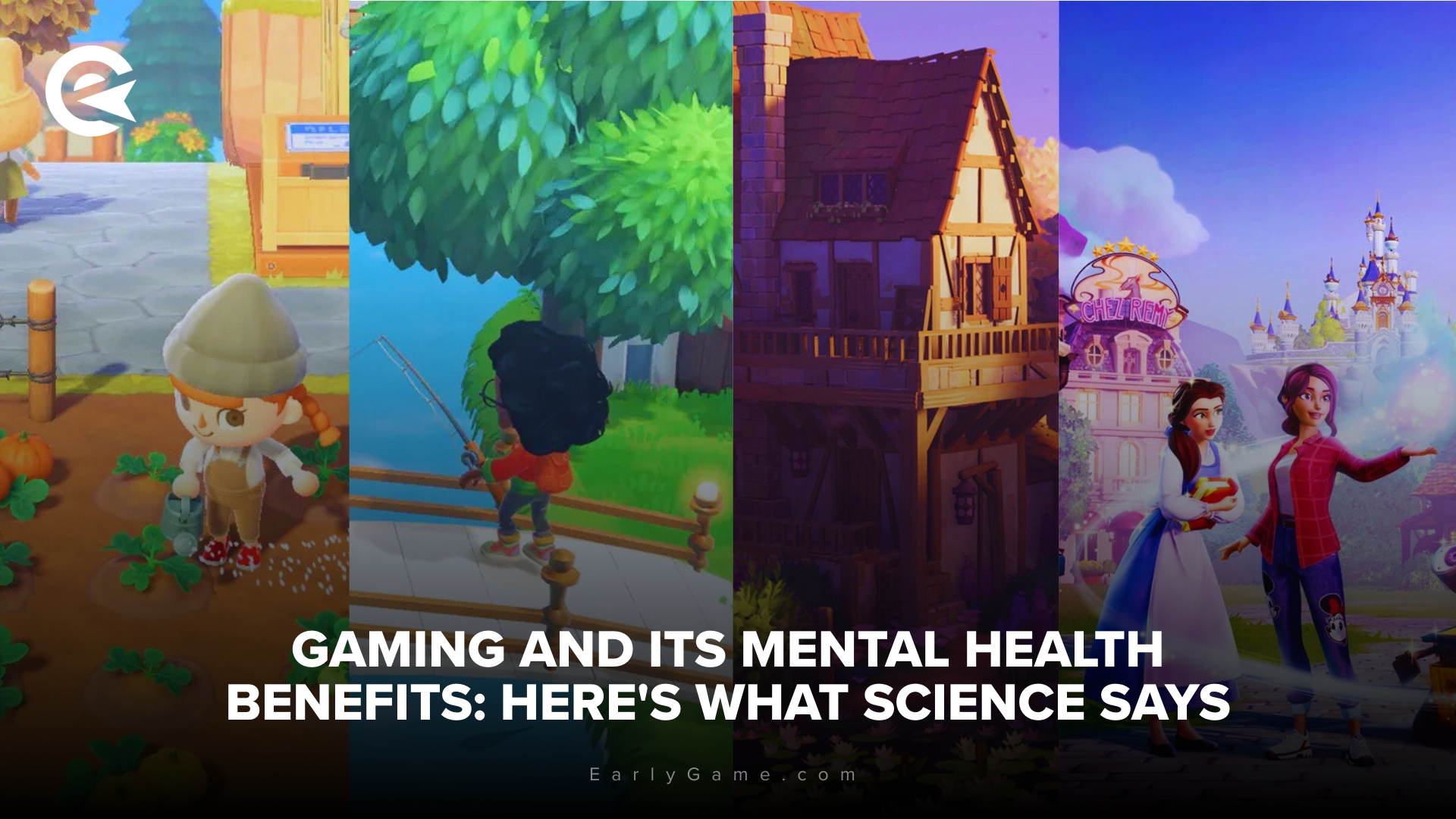Have you ever thought about the possibility that gaming could be good for your mental health? Well, recent studies about "cozy games" have come up with some very interesting findings.
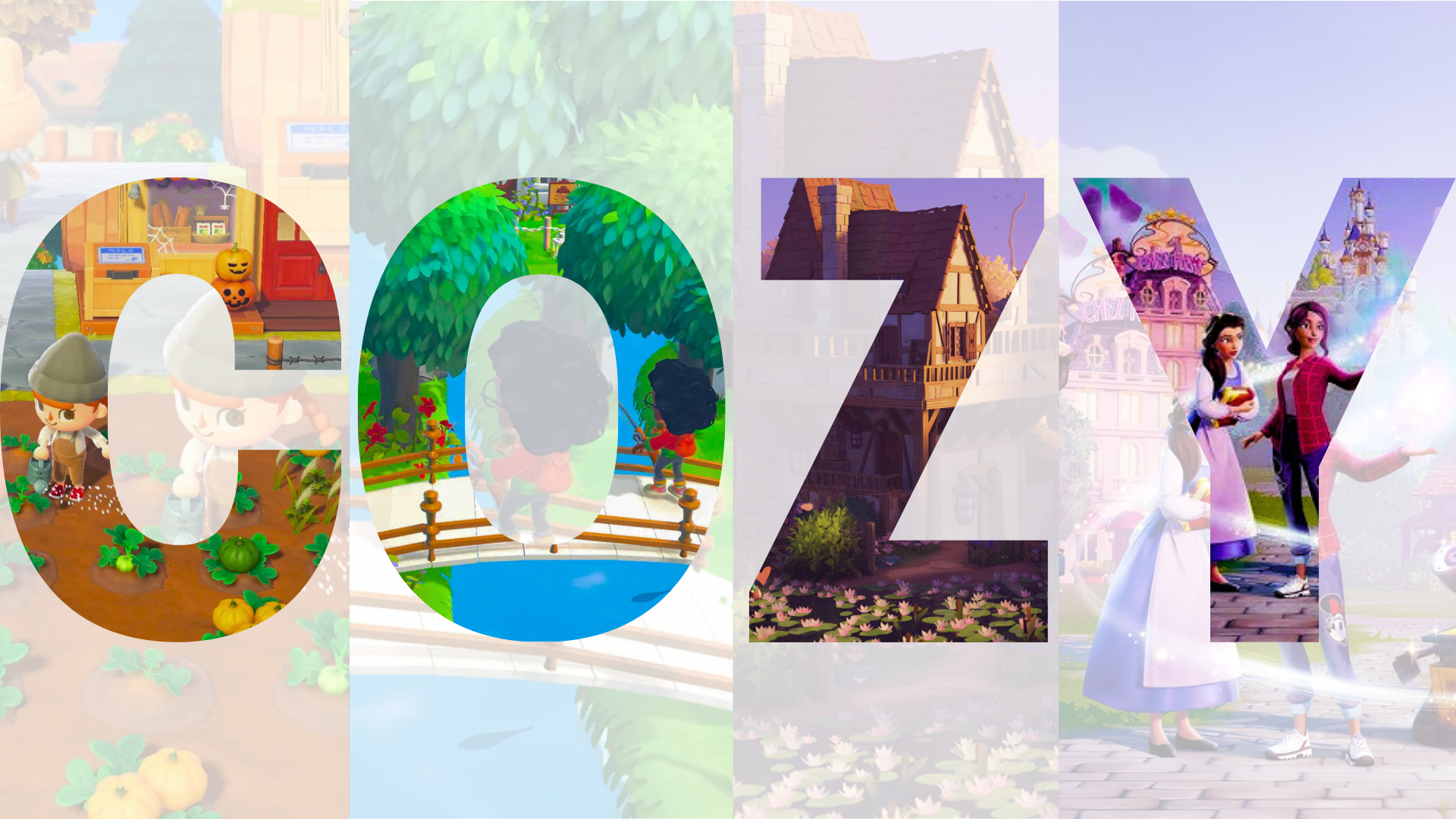
Reuters has recently published an interactive article (if you can even call it that) about the impact of cozy games on a person's mental health. The “article” is much more than just plain text: While scrolling through a site, you take control over a little Radish, who wanders around a town called "Rootersville". You meet villagers, plant sunflowers, and learn about the impact of cozy games while actually playing one.
I highly recommend checking it out, it is one of the most creative article pages I have ever seen.
Cozy Games: More Than Just a Trend?
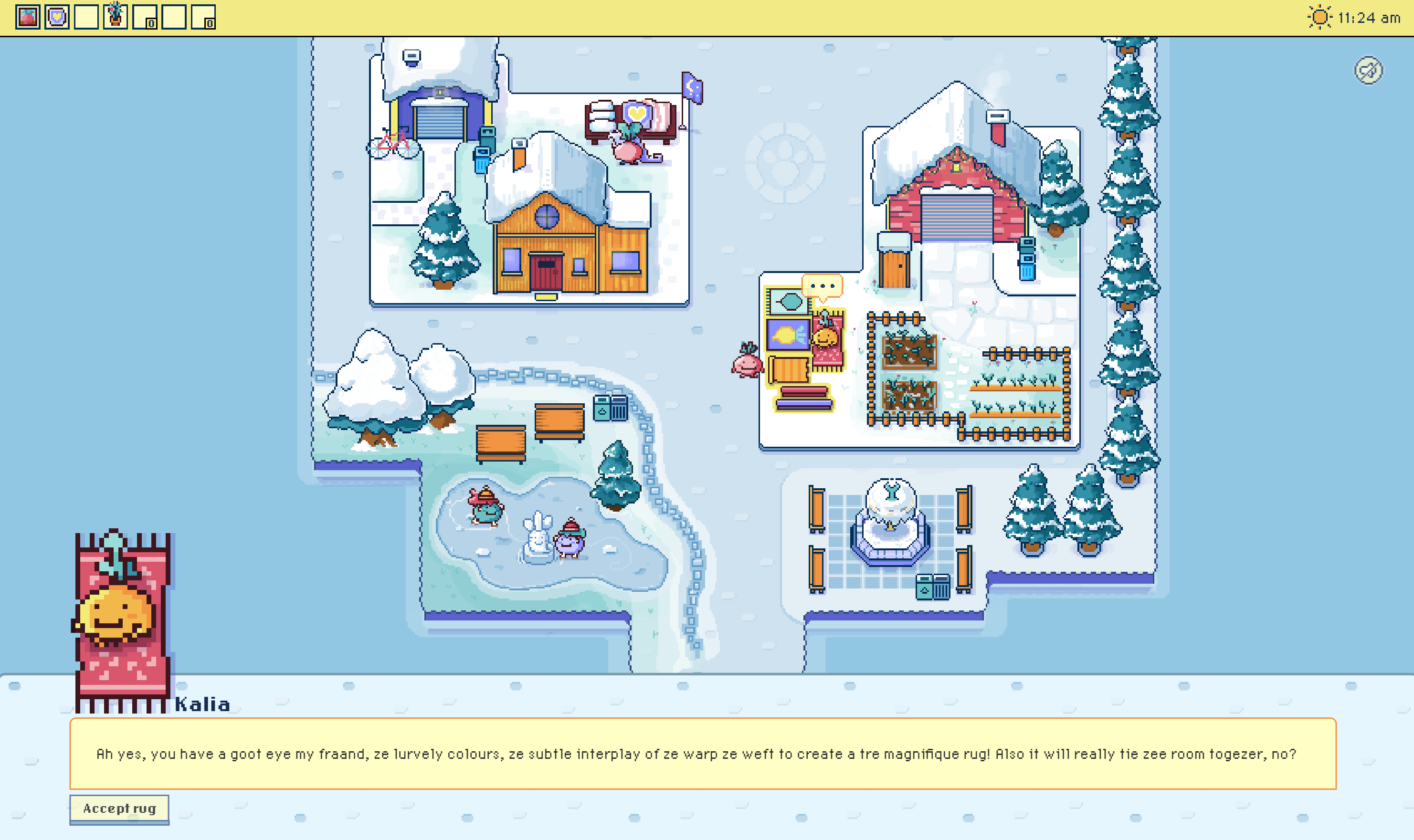
According to a report by Reuters, the gaming industry has surpassed both the film and music industries in size, with one of its fastest-growing subgenres being "cozy games." These relaxing, low-pressure experiences are designed to be simple and chill, offering challenges that are more about building and exploring than combat or destruction. But could they also be good for mental health? Recent research cited by Reuters suggests they might be.
Cozy games have been around for a while, with classics like Harvest Moon (1996) paving the way. However, the genre truly exploded in popularity when Animal Crossing: New Horizons launched in 2020 – right at the beginning of the COVID-19 lockdowns. The game provided a digital escape for millions, selling over 13 million copies in its first six weeks. Reuters notes that its success sparked a wave of similar titles, solidifying cozy games as a major gaming trend.
But what exactly makes a game “cozy”? There’s no strict definition. If a game gives players a warm, comforting feeling, it fits the bill. Many cozy games feature soothing music, soft color palettes, and gameplay that allows players to progress at their own pace.
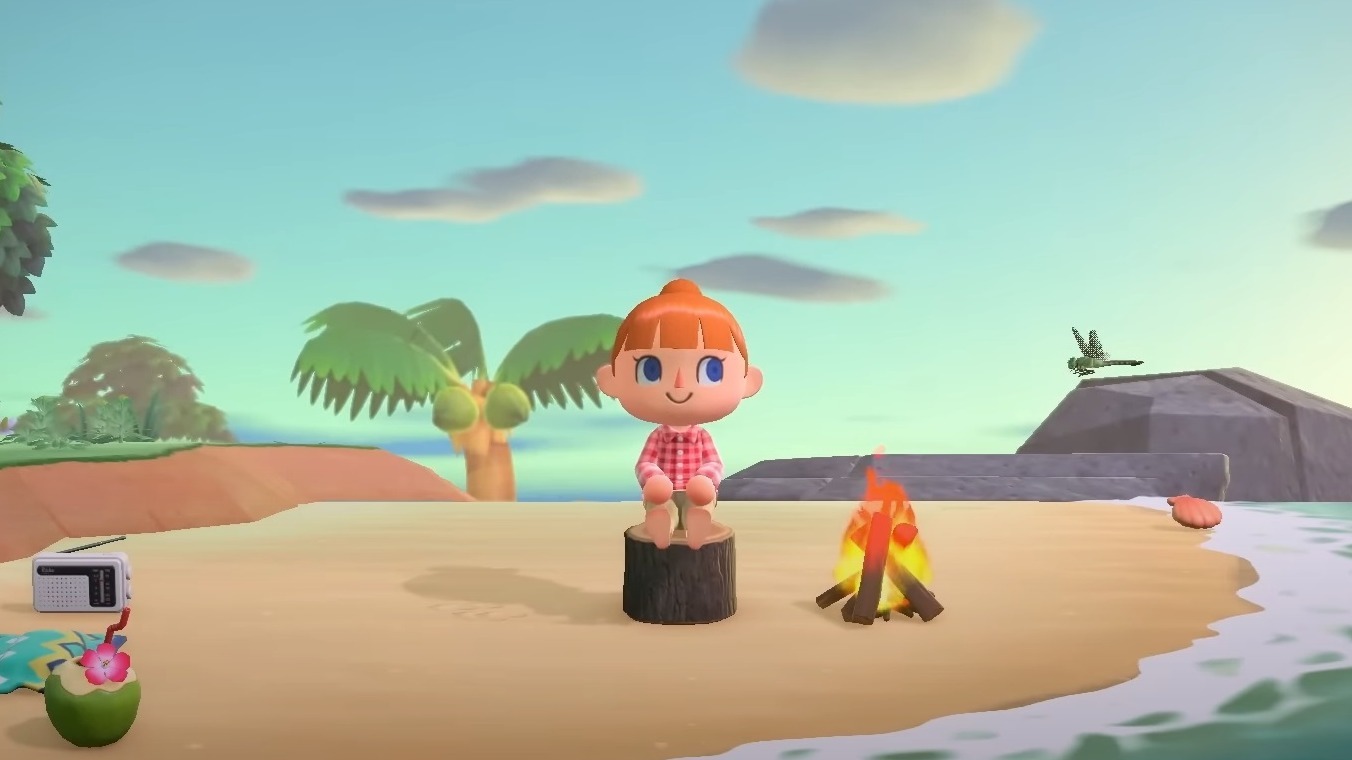
Beyond entertainment, cozy games create communities. Online interactions within these games can be a lifeline for many players, particularly neurodivergent individuals. Reuters interviewed Suzanne Roman – who describes herself as an autistic advocate – and shared how her daughter, who spent much of her youth forming friendships online, was deeply supported by her gaming community. For her 21st birthday, friends from all over the world chipped in to get her a special gift – highlighting how these virtual spaces can foster real-life connections.
Despite concerns over gaming addiction, recognized by the World Health Organization in 2019, some researchers argue that gaming can actually improve well-being. Reuters cites Hiroyuki Egami, an assistant professor at Nihon University, who studied the effects of video games on mental health during the pandemic. His findings? Playing video games for just an hour a day was linked to reduced psychological distress and increased life satisfaction.
Similarly, a study from Michael Wong at McMaster University found that playing a casual game was just as effective at reducing stress as meditation. Makes sense, right? Essentially, meditation is about calm breathing and letting go of bad thoughts... When I think back of my times of playing Animal Crossing, that is EXACTLY what happened.
With studies like these, video games are also being explored as therapeutic tools. According to Reuters, Aarón Sújar from Rey Juan Carlos University is researching how gaming can help manage ADHD, showing that the industry’s impact goes beyond just entertainment.




